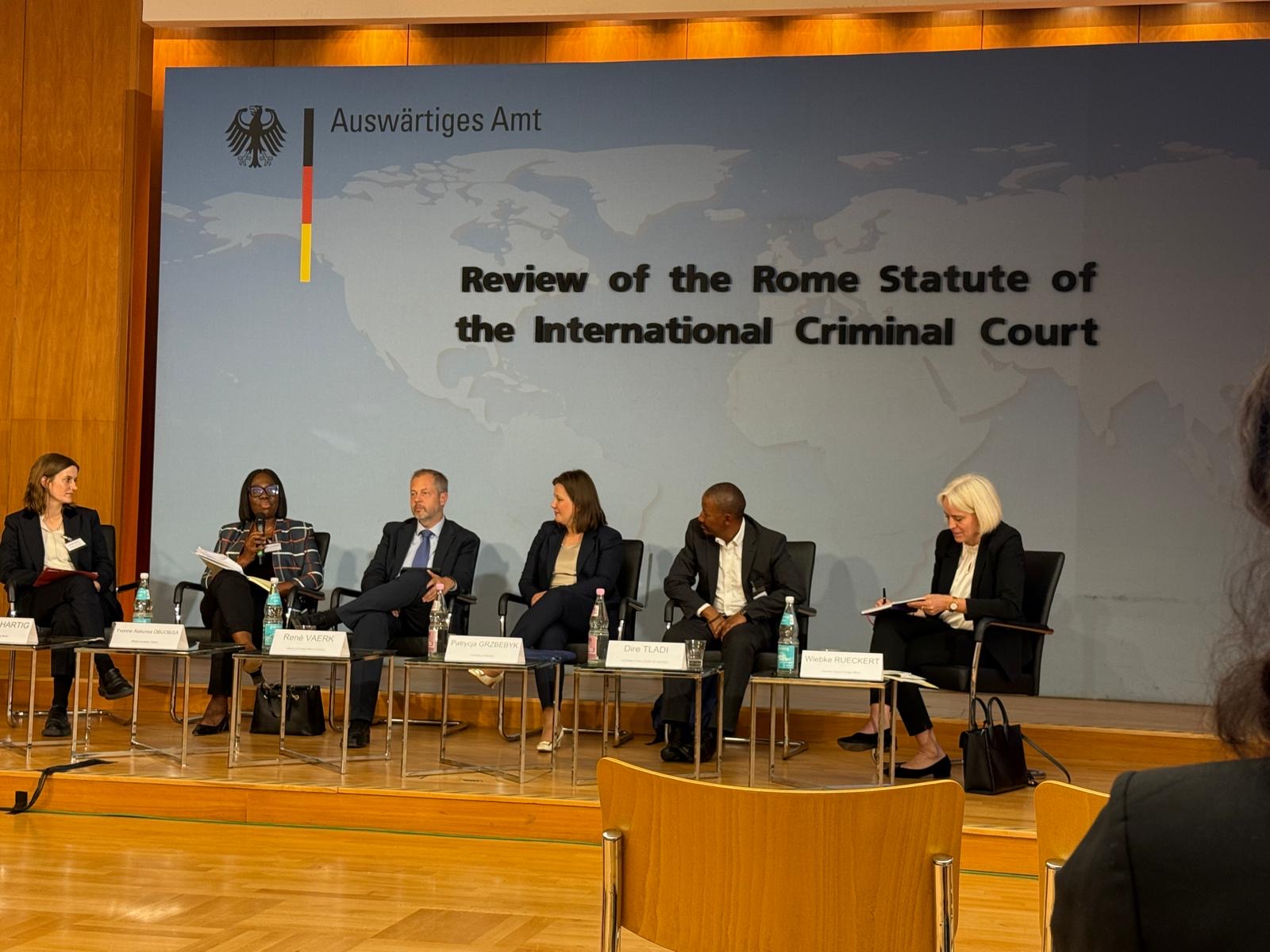Investigation into Abuse Allegations at Truett McConnell University
Background and Allegations
Truett McConnell University, a Christian college in North Georgia, is currently conducting an investigation following serious allegations of abuse and cover-up involving Dr. Brad Reynolds, a theology professor, administrator, and pastor at the institution.
In early 2024, a former student and employee reported to the White County Sheriff’s Office that she had been sexually abused by Dr. Reynolds during her time at the university. The complainant provided law enforcement with over 350 emails allegedly sent by Reynolds, some containing explicit content and manipulative language invoking religious themes.
Details of the Investigation
- Footage obtained from interviews conducted by the sheriff’s office revealed the woman’s testimony that Dr. Reynolds used religious language to manipulate her.
- Dr. Reynolds denied the allegations, claiming he was being framed and disavowing ownership of the email address used to send the messages.
- Forensic analysis of Dr. Reynolds’ phone later confirmed that the emails originated from him.
- The complainant stated that the abuse was non-consensual and involved inappropriate touching justified by twisted interpretations of scripture.
University Response and Administrative Actions
- Upon learning of the investigation, Truett McConnell University placed Dr. Reynolds on leave and subsequently terminated his employment.
- The university issued a statement condemning Dr. Reynolds’ behavior as “abhorrent, immoral, manipulative, and unethical,” emphasizing their commitment to addressing sexual misconduct seriously.
- Concerns were raised by alumni who referenced a 2019 petition signed by approximately 50 women warning the university about Dr. Reynolds’ conduct, suggesting prior warning signs were overlooked.
- The current university president was placed on administrative leave pending an internal investigation following public attention on the case.
Legal Proceedings and Community Impact
- Initially, the White County Sheriff’s Office declined to pursue charges; however, the District Attorney reopened the investigation to consider potential criminal charges including rape, sexual assault, sexual battery, and false statements to law enforcement.
- District Attorney Jeff Langley described the alleged conduct as a “reprehensible breach” of Dr. Reynolds’ duties as a professor and pastor.
- The complainant’s attorney praised her bravery and called for institutional reform and spiritual healing within the university leadership.
Emphasis on Sustainable Development Goals (SDGs)
Goal 4: Quality Education
The case highlights the critical need for safe and inclusive educational environments where students are protected from abuse and discrimination. Upholding ethical standards among educators is essential to ensuring equitable access to quality education.
Goal 5: Gender Equality
Addressing sexual abuse and harassment in educational institutions directly supports gender equality by protecting women’s rights and promoting safe spaces free from violence and exploitation.
Goal 16: Peace, Justice, and Strong Institutions
The investigation and legal proceedings underscore the importance of transparent, accountable institutions that uphold justice and protect individuals from abuse. Strengthening institutional mechanisms to prevent and respond to misconduct aligns with this goal.
Recommendations for Institutional Reform
- Implement comprehensive policies and training focused on preventing sexual misconduct and abuse.
- Establish clear reporting channels and support systems for victims within educational institutions.
- Ensure accountability and transparency in handling allegations to rebuild trust within the community.
- Promote ethical leadership aligned with the values of respect, dignity, and human rights.
By addressing these issues, Truett McConnell University and similar institutions can contribute to achieving the Sustainable Development Goals and fostering environments where all individuals can learn and thrive safely.
1. Sustainable Development Goals (SDGs) Addressed or Connected
- SDG 5: Gender Equality – The article highlights issues of sexual abuse, manipulation, and abuse of power against women, which directly relates to achieving gender equality and empowering all women and girls.
- SDG 16: Peace, Justice and Strong Institutions – The investigation into abuse, the role of law enforcement, and the call for accountability and justice connect to promoting peaceful and inclusive societies, access to justice, and building effective institutions.
- SDG 4: Quality Education – The context involves a university setting, where safe and inclusive education environments are essential, linking to ensuring inclusive and equitable quality education and promoting lifelong learning opportunities.
2. Specific Targets Under Those SDGs Identified
- SDG 5 Targets:
- Target 5.2: Eliminate all forms of violence against all women and girls in public and private spheres, including sexual and other types of abuse.
- Target 5.5: Ensure women’s full and effective participation and equal opportunities for leadership at all levels of decision-making.
- SDG 16 Targets:
- Target 16.3: Promote the rule of law at the national and international levels and ensure equal access to justice for all.
- Target 16.6: Develop effective, accountable, and transparent institutions at all levels.
- SDG 4 Targets:
- Target 4.a: Build and upgrade education facilities that are child, disability and gender sensitive and provide safe, non-violent, inclusive and effective learning environments for all.
3. Indicators Mentioned or Implied to Measure Progress
- For SDG 5 (Gender Equality):
- Indicator 5.2.1: Proportion of women and girls subjected to sexual violence by persons other than an intimate partner in the previous 12 months.
- Indicator 5.5.2: Proportion of women in managerial positions (implied through leadership accountability and university administration changes).
- For SDG 16 (Peace, Justice and Strong Institutions):
- Indicator 16.3.1: Proportion of victims of violence who reported their victimization to competent authorities or other officially recognized conflict resolution mechanisms.
- Indicator 16.6.2: Proportion of the population satisfied with their last experience of public services (implied through institutional response and investigation transparency).
- For SDG 4 (Quality Education):
- Indicator 4.a.1: Proportion of schools with access to safe and non-violent environments (implied by the need for safe educational environments free from abuse).
4. Table of SDGs, Targets and Indicators
| SDGs | Targets | Indicators |
|---|---|---|
| SDG 5: Gender Equality |
|
|
| SDG 16: Peace, Justice and Strong Institutions |
|
|
| SDG 4: Quality Education |
|
|
Source: wsbtv.com







